Misogyny In the Scene: How We Can End It
Think of a musician in our music scene who has been accused of predatory behavior. It’s sad to say there’s a lot of different answers to this question. Sexual assault, harassment, abuse and statutory rape have plagued the rock music scene for far too long, dating back to musicians from decades ago singing about their attraction to girls who were 17 and 16.
Decades of ingrained predatory behavior isn’t easy to undo. With powerful managers and executives at the top of the music business turning a blind eye to (or engaging in) predatory behavior, change starts with us at a grassroots level. Many of us remember getting into heavy music when we were preteens, just beginning to figure out who we were and where we belong in this world. We plastered our walls with band posters, filled our music library with these bands, and spent our hard-earned money on live shows and merch. For us personally, and for many of you I’m sure, it’s a lifestyle and a passion.
Sexual assault is obviously a large concern for the scene, but what is less in-your-face is the level of misogyny within our scene. Female-fronted bands are constantly segregated from the rest of the scene, compared only to each other, and handed various back-handed compliments, such as “they’re excellent for a female-fronted band.” In a historically male-dominated scene, these subtle occurrences are often looked over or played off as harmless ignorance. However, with so much attention being brought to these issues as of late, if you claim to be “unaware,” you are deliberately ignoring the issue.
In a scene with such an intense fandom, a good portion of which are young girls and women, we owe it to each other to call out and stop predatory behavior and misogyny. We cannot align ourselves with messages of unity, strength and perseverance while creating an unwelcome and unsafe environment where predators and abusers are allowed to thrive. You cannot have it both ways.
Currently, the scene – and society as a whole for that matter – is becoming less tolerant to these instances and changes are being made. Hayley Williams of Paramore made the decision to no longer perform arguably their most popular song “Misery Business” due to the misogynistic lyricism throughout. It made all the major headlines in our scene, bringing serious attention to what is being said within the music we love. This also extends outside the realm of sexual assault and harassment, but also to racial injustice – for example, The Ghost Inside recently parted ways with long-time bassist Jim Riley after reports of him using racial slurs. We are going through an era of change, and this is just the beginning.
Fans hold the power in this situation. Musicians would not have a job without fans. You decide who to directly support by attending their shows, buying their merch and music and giving artists a platform. Fans have the power to make or break an artist’s career, especially in a DIY scene. Support artists who align with your values and stop giving a platform to those who are problematic, abuse and oppress.
It can be extremely difficult to separate the artist from the music, especially if your favorite band is at the center of the issue, but this constantly ties back to our ideas of ethical consumerism. By actively engaging with an artist’s music, you are effectively continuing to give them a platform to perpetuate their inappropriate behavior – they have power and will continue to abuse it.
When a person decides to go public with accusations, common assumptions include “She probably wanted to sleep with her favorite band,” “She probably lied about her age,” and “She is now going to ruin someone’s career.” Make no mistake about it, the responsibility in these situations lie with the adult men who are idolized by underage fans. Anyone who is underage cannot consent to anything sexual with an adult. When you commit statutory rape and sexual harassment, you ruin your own career.
We all need to do our part in keeping punk, metal and hardcore shows safe for everyone. That means speaking up if you see anything wrong happening. You can directly intervene, you can draw attention to what’s happening, you can try to create a distraction, but you cannot do nothing (more info on bystander intervention at the end of this article). Predatory behavior thrives in silence and inaction is how it has continued for so long, and it will continue if we do not call out and stop this behavior.
Women are and have always been a part of this industry in every job, from musicians to art directors to photographers to marketing. Women hold this scene up and we need to stand up for them. Ending predatory behavior and misogyny in the scene starts with each and every one of us doing our part.
If you are a sexual assault or abuse survivor, know that you are not alone. We stand with you, now and always.
RESOURCES
National Sexual Assault Hotline - 800-656-4673
Recovering from Sexual Violence

